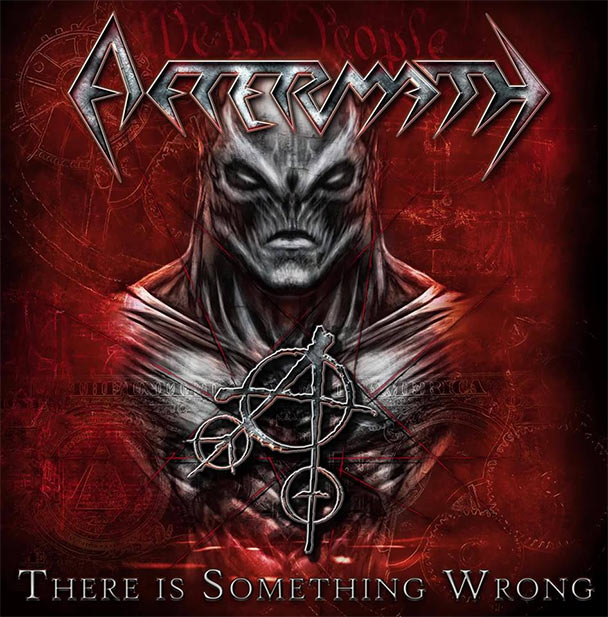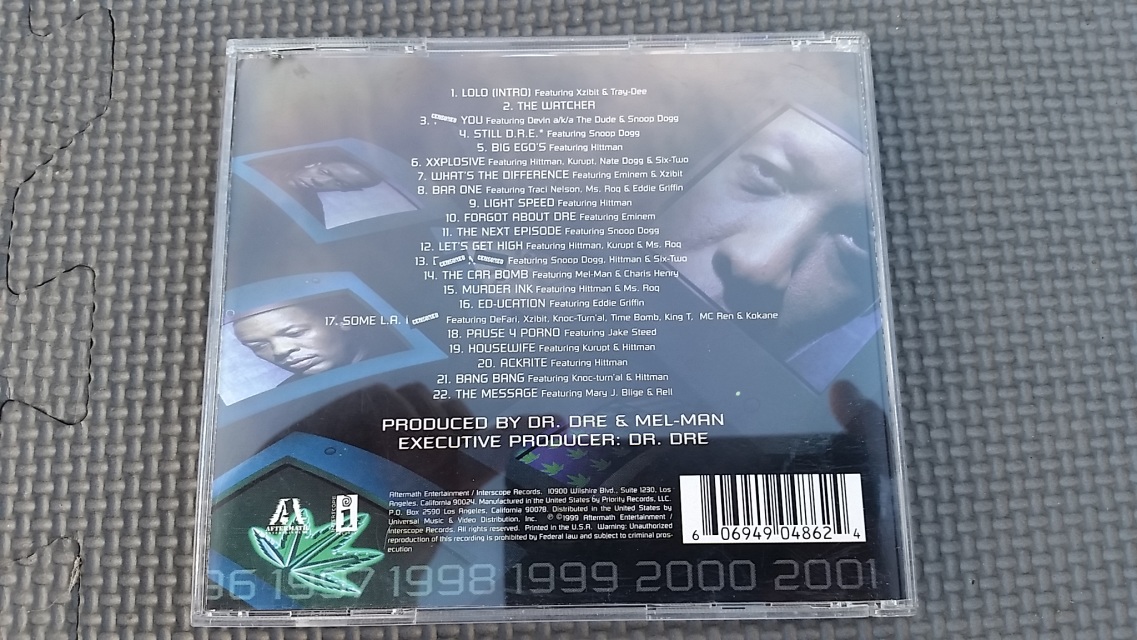

In between are wide-open spaces that hold just a rhythm guitar, sparse keyboard chords." Pareles observed that the songs "were smoother and simpler than East Coast rap, and decisively expanded the hip-hop audience into the suburbs." Until this point, mainstream hip hop had been primarily party music (for example, Beastie Boys) or pro-empowerment and politically charged (for example, Public Enemy or X-Clan), and had consisted almost entirely of samples and breakbeats. Jon Pareles of The New York Times described the production, writing "The bottom register is swampy synthesizer bass lines that openly emulate Parliament-Funkadelic the upper end is often a lone keyboard line, whistling or blipping incessantly. It's the benchmark you measure your album against if you're serious." Dre was listed at number 56, Kanye West wrote on the album's production quality: " The Chronic is still the hip-hop equivalent to Stevie Wonder's Songs in the Key of Life. In Rolling Stone's The Immortals – The Greatest Artists of All Time, where Dr. Dre only utilized one or few samples per song. Dre's efforts, "Here, Dre established his patented G-funk sound: fat, blunted Parliament-Funkadelic beats, soulful backing vocals, and live instruments in the rolling basslines and whiny synths" and that "For the next four years, it was virtually impossible to hear mainstream hip-hop that wasn't affected in some way by Dre and his patented G-funk." Unlike other hip hop acts (such as The Bomb Squad) that sampled heavily, Dr. The production on The Chronic was seen as innovative and ground-breaking, and received universal acclaim from critics. In 2019, the album was selected by the Library of Congress for preservation in the National Recording Registry as "culturally, historically, or aesthetically significant". The Chronic has been widely regarded as one of the most important and influential albums of the 1990s and one of the best-produced hip hop albums. Dre's production popularized the G-funk subgenre within gangsta rap. " Nuthin' but a ‘G’ Thang" reached number two on the Billboard Hot 100 and number one on the Hot Rap Singles and Hot R&B Singles charts. The album's three singles became top ten Billboard singles. The Chronic spent eight months in the Billboard Top 10.

The Chronic reached number three on the Billboard 200 and has been certified triple platinum with sales of three million copies in the United States, making Dre one of the top ten best-selling American performing artists of 1993.

The title derives from a slang term for high-grade cannabis, and its cover is an homage to Zig-Zag rolling papers. It features many appearances by then-emerging American rapper Snoop Dogg, who used the album as a launch pad for his own solo career. It includes insults towards Ruthless and its owner, the former N.W.A member Eazy-E. Dre's first solo album after he departed the hip hop group N.W.A and its label Ruthless Records over a financial dispute. Recording sessions took place in June 1992 at Death Row Studios in Los Angeles and at Bernie Grundman Mastering in Hollywood. It was released on December 15, 1992, by his record label Death Row Records and distributed by Interscope Records. The track (and its multi-coastal line-up) was an answer to, and snubbed, the existing East Coast-West Coast hip hop rivalry of the day.The Chronic is the debut studio album by the American hip hop producer and rapper Dr. Dre-produced track, "East Coast/West Coast Killas", performed by Nas, RBX, KRS-One, and B-Real, under the banner of "Group Therapy". Another one of the album's stand-out moments is the Dr. Dre is only sparsely heard on the album-performing just one track, "Been There, Done That", which became the disc's most noted. Dre's name being on the album, and it being certified platinum, it received mixed reviews and was not amongst the year's more commercially successful releases.įeatured on the album are a bevy of novice acts who were among the earliest signees of Aftermath-many of whom quickly became disassociated with the label without having ever seen their own projects come to fruition.

It was released in 1996 after leaving Death Row Records, and was the first release on his then newly established Aftermath Entertainment. Dre Presents the Aftermath is a compilation album by Dr.


 0 kommentar(er)
0 kommentar(er)
